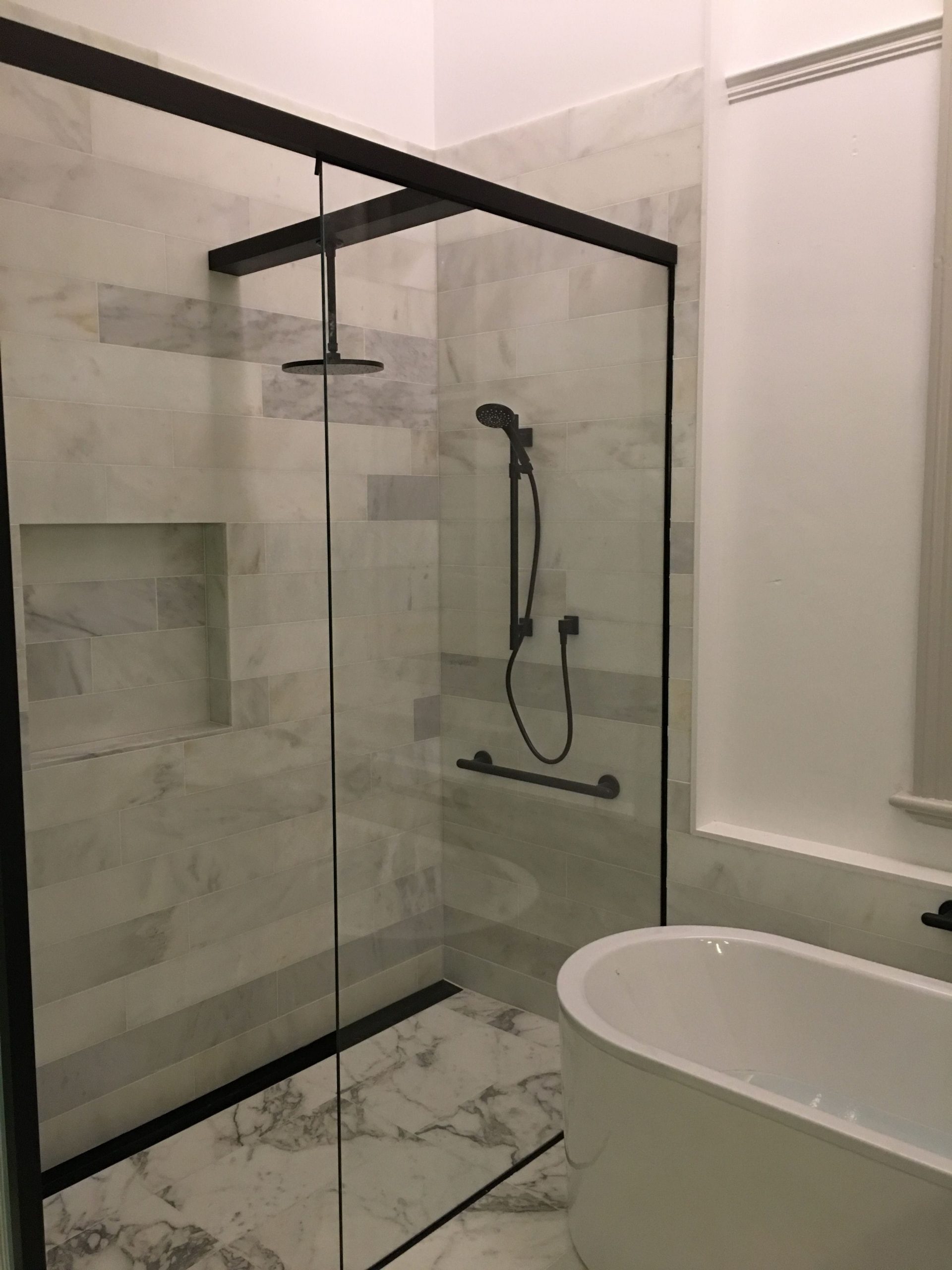
What is the purpose of a sewer line in plumbing?
Posted by on 2025-01-02
Sewer lines play a crucial role in the plumbing system of a building by serving as the main pipeline that carries wastewater away from your home. The purpose of a sewer line is to safely transport waste and sewage from your sinks, toilets, showers, and other plumbing fixtures to the municipal sewer system or septic tank.
Without a properly functioning sewer line, you would be left with stagnant water and waste accumulating in your home, leading to unsanitary conditions and potential health hazards. Sewer lines are designed to efficiently remove waste from your property and prevent backups and blockages that can result in costly repairs and damage.
In addition to removing household waste, sewer lines also transport rainwater runoff away from your property to prevent flooding and water damage. Properly maintained sewer lines ensure that water flows smoothly through the pipes without any obstructions or leaks.
Regular maintenance and inspections of your sewer line are essential to ensure its proper function and prevent any potential issues. If you suspect any problems with your sewer line, such as slow drains, foul odors, or gurgling noises, it is important to address them promptly to avoid more serious problems down the line.
In conclusion, the purpose of a sewer line in plumbing is to safely carry wastewater away from your home to protect your property from damage and maintain a healthy living environment. By understanding the importance of sewer lines and taking care of them properly, you can ensure the smooth operation of your plumbing system for years to come.